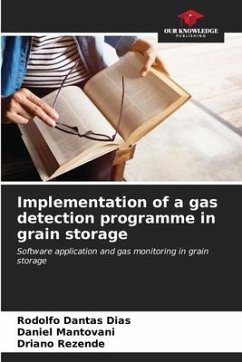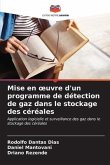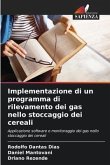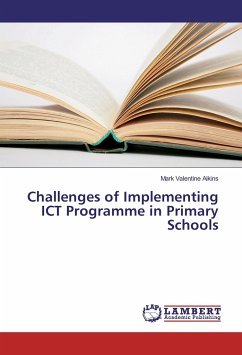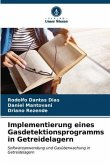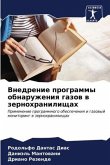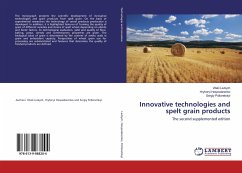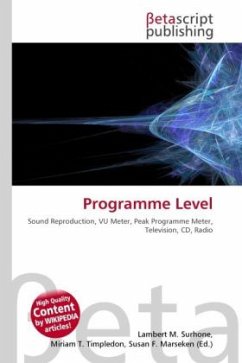Agriculture is of enormous importance to the Brazilian economy, especially in the Centre-West and South regions of Brazil, where grain is the main crop. Most of the production is delivered to processing companies, which process, store and commercialise the grain. These companies have several occupational hazards in their processes, especially those related to confined spaces (CS), which are hoppers, warehouses and silos. In these places, one of the most serious risks to workers is exposure to toxic gases, such as carbon monoxide, hydrogen sulphide and methane, which require the use of detection equipment to recognise. During use, the equipment wears out a lot, mainly due to the characteristics of the ECs, which are very dusty and hot, and also due to the low level of training and zeal of the employees who operate them, making maintenance costs very high. In addition to the high cost of maintenance, it is also difficult for companies' SESMTs to control and analyse alarm records.

